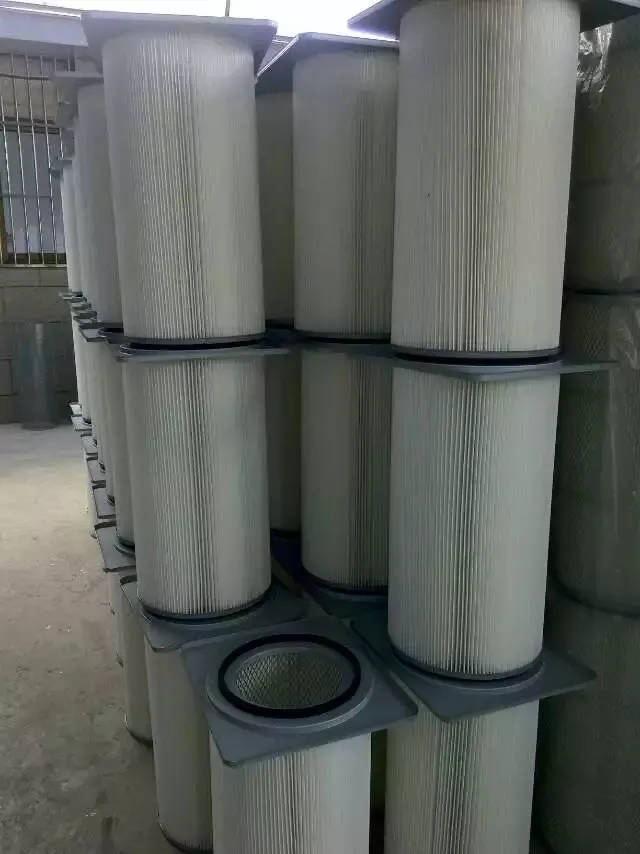 Tel:
+8615930870079
Tel:
+8615930870079
Ιούλ . 25, 2024 15:26 Back to list
Optimizing Air Filtration for Enhanced Performance in Gas Turbine Applications and Maintenance Strategies
The Importance of Air Filters in Gas Turbine Applications
Gas turbines play a crucial role in various industries, particularly in power generation, aviation, and mechanical drive applications. Their operational efficiency and longevity depend significantly on the quality of the air they intake. This is where gas turbine air filters come into play, acting as a first line of defense against contaminants that could otherwise impair performance and increase maintenance costs.
The Role of Air Filters
Gas turbine air filters are designed to remove particulate matter, pollutants, and other unwanted substances from the incoming air. These contaminants can include dust, dirt, pollen, and even microorganisms, all of which can cause damage to the turbine blades and other internal components. Over time, the accumulation of these substances can reduce efficiency, increase fuel consumption, and lead to unplanned outages due to maintenance requirements.
Types of Air Filters
There are several types of air filters used in gas turbines, each offering different levels of filtration efficiency. The most common types include
1. Panel Filters These are widely used due to their straightforward design and effectiveness. They typically consist of multiple layers of fibrous media that trap larger and smaller particles effectively.
2. Bag Filters Bag filters offer a greater surface area for trapping particulates, which allows for longer operational lifetimes and reduced pressure drops compared to panel filters.
gas turbine air filter

3. HEPA Filters High-Efficiency Particulate Air (HEPA) filters are known for their ability to capture at least 99.97% of particles that are 0.3 microns in diameter. They are often utilized in applications requiring ultra-clean air standards, such as in sensitive industrial processes or hospital facilities.
4. Electrostatic Filters These filters use electrostatic forces to attract and capture particles, enhancing overall efficiency. They can be particularly effective in environments heavy with fine particulate matter.
Importance of Maintenance
Regular maintenance of air filters is essential to ensure optimal performance of gas turbines. Clogged or dirty filters can lead to an increase in pressure drop across the filter media, which can reduce airflow to the turbine and result in a decrease in performance efficiency. Routine inspections and timely replacements of filters can mitigate these risks. Implementing a robust maintenance schedule not only safeguards operational efficiency but also extends the lifespan of the turbine itself.
Environmental Considerations
Modern gas turbine air filters are designed with environmental sustainability in mind. Many manufacturers are focusing on creating filters that are both effective and recyclable, minimizing waste and reducing the environmental impact. Additionally, improved filtration technologies mean that less energy is required to push air through the filters, contributing to overall reductions in fuel consumption.
Conclusion
In summary, air filters are a critical component in the operation of gas turbines. They ensure that the air entering the turbine is clean and free from harmful contaminants, resulting in increased efficiency, reduced maintenance costs, and extended equipment life. Choosing the right type of filter, maintaining it properly, and considering environmental impacts are all essential aspects of managing gas turbine operations effectively. As industries continue to evolve and demand for more efficient energy solutions rises, the importance of quality air filtration will only increase. By prioritizing air quality, operators can ensure that their gas turbines run smoothly and efficiently for years to come.
-
Types and Applications of Air Filtration CartridgesNewsJul.28,2025
-
The Role of Gas Turbine FiltersNewsJul.28,2025
-
Mastering Air Filter Cartridge UseNewsJul.28,2025
-
Advanced Turbine Filters for Modern Gas TurbinesNewsJul.28,2025
-
Cellulose Air Filter Cartridge Advantages in Dust FiltrationNewsJul.28,2025
-
Cellulose Filters for Air Particle ReductionNewsJul.28,2025

 Email:
Email:





